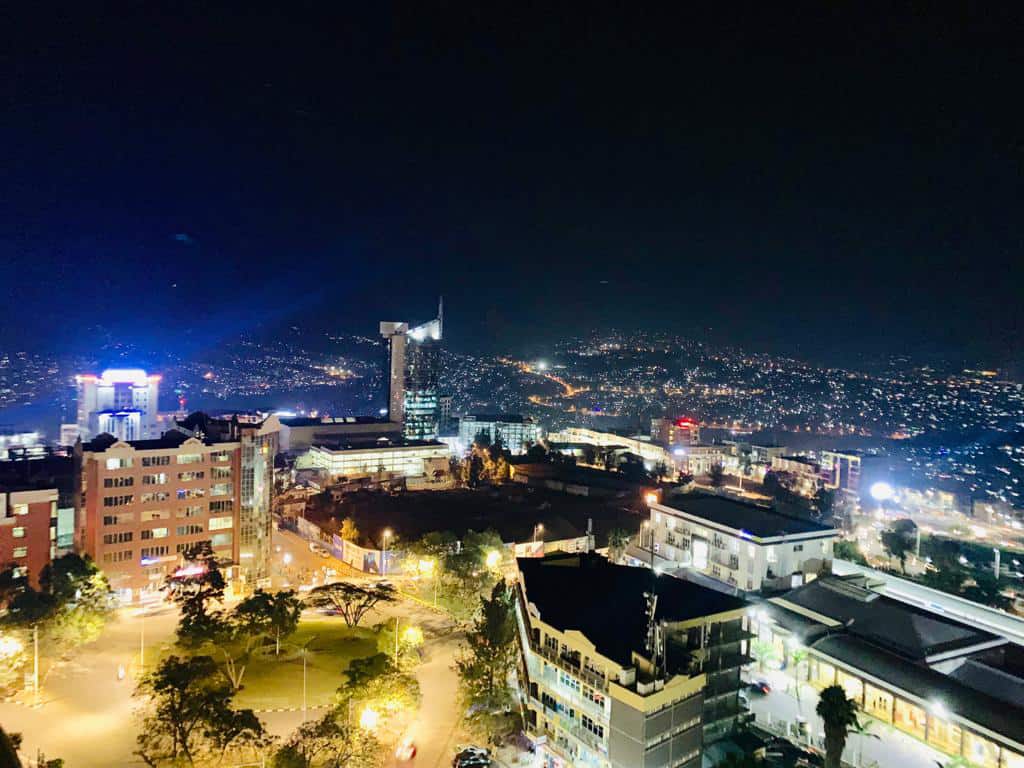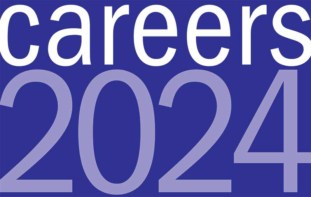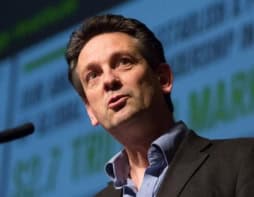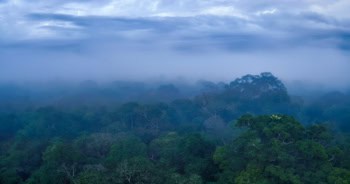Available to watch now, the IOP Publishing journal, Environmental Research: Infrastructure and Sustainability, discusses the very latest research within the energy and environmental research community
Want to learn more on this subject?

Africa’s role in the global energy transition is undeniable as the least electrified, yet fastest-growing continent on the globe, crucially in need of investment in climate resilience. Delivering climate-proofed prosperity to this growing population will require paying major attention to the continent’s energy systems, which remain underdeveloped and severely under resourced. In this live webinar, we will hear presentations from authors published in our Energy Transitions and Sustainable Transformations in Africa special issue, to discuss how the very latest findings are helping address the key challenges faced.
Want to learn more on this subject?

Speakers
Rebekah Shirley is the director of research, data and innovation at the World Resources Institute, Africa, and former chief of research at Power for All. Rebekah earned her PhD in energy resources from the University of California, Berkeley, and leads applied research on power systems and clean energy integration, working across Southeast Asia, Africa, and the Caribbean. Hailing from the West Indies, Rebekah now lives in Nairobi, Kenya. Rebekah is a board member of UK climate charity Ashden, and an ERIS founding editor.
Haileselassie Medhin is Africa director of strategy and partnerships at WRI, and also leads WRI’s work on institutions and economic transformation in Africa. He previously worked as WRI’s country director for Ethiopia, as the director of the Environment and Climate Research Center in Addis Ababa, and research fellow in the University of Gothenburg in Sweden. Haileselassie’s own research has focused on the application of behavioural and experimental economics on issues of environment and development, and on the challenges and opportunities for achieving green and climate resilient growth in developing countries. Haileselassie received his doctoral and master’s degrees in economics from the University of Gothenburg, and his bachelor degree from Addis Ababa University, Ethiopia.
Monkgogi Otlhogile has a master’s from the Energy and Resources Group at UC Berkeley and a bachelor’s in environment, economics and politics from Scripps College. Her work leverages data and knowledge management for energy access and development in Africa. From 2018–2020, she worked as a data manager for Power for All and launched an open access data hub, the Platform for Energy Access Knowledge (PEAK), in 2018. She also established the Distributed Renewable Energy Data Network alongside CLASP, AMDA and GOGLA in 2020. She is currently an energy and data management consultant and has worked with the United Nations Development Programme and the government of Botswana on energy and climate-focused projects. Her interests include understanding the energy transition within the African context, improving data and knowledge-sharing practices and furthering open access data for development.
Lefu Maqelepo is a PhD student in sustainability at Rochester Institute of Technology’s Golisano Institute for Sustainability. His research interests are at the intersection of electricity access and sustainable development. Prior to graduate school, he worked in the electricity sector in Lesotho, developing distributed off-the-grid electricity systems for rural communities.
Charles Van-Hein Sackey is a PhD candidate in engineering and public policy at Carnegie Mellon University. His research uses optimization methods and decision science to determine sustainable and just pathways to universal electrification in sub-Saharan Africa.
Environmental Research: Infrastructure and Sustainability is a multidisciplinary, open access journal that addresses important challenges relevant to infrastructure, sustainability and resilience in their broadest sense.
Editor-in-chief: Arpad Horvath, University of California, Berkeley, USA.




